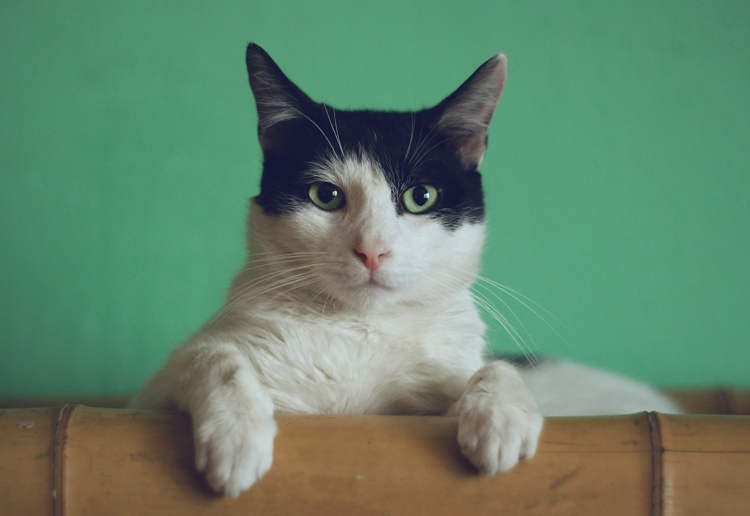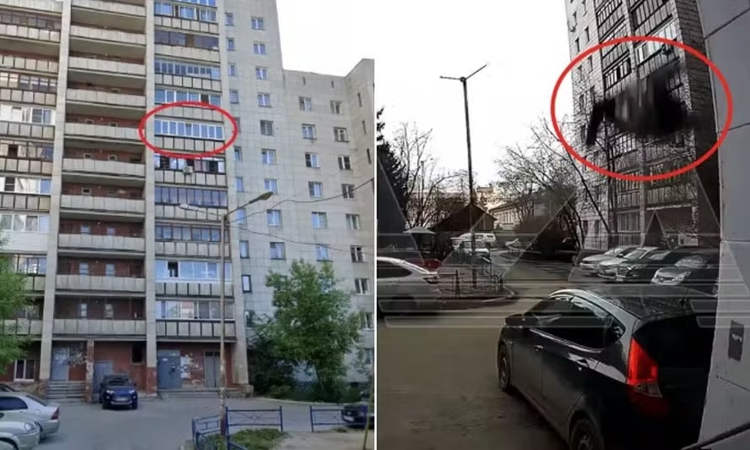In a case that recently scandalized the Karnataka High Court, a woman filed a cruelty case against her husband, claiming that he cared more about their pet cat than about her.
An Indian woman was scolded by judges in Bengaluru for filing a frivolous cruelty complaint against her husband in which she mostly complained that the man pays more attention to their pet cat than to her. Justice M. Nagaprasanna observed that no specific allegations of cruelty or harassment were made in the complaint. Instead, the plaintiff focused on the husband caring for their feline more than for her, claiming that whenever she confronted him about his behavior, they ended up arguing and hurling insults at each other. The wife apparently also complained about the cat attacking and scratching her several times and the husband doing nothing about it.

Photo: Manja Vitolic/Unsplash
“The complaint is a narration of marriage and living together, but the crux of the allegation is founded upon the squabble regarding a pet cat that is in the house of the husband,” Justice Nagaprasanna said. “The allegation is that the husband takes care of the cat more than the wife.”
“Whenever the wife has pointed out this, there is a dispute between the two, and abuses are hurled,” the Judge added while hearing the bizarre petition last week. “That is what is narrated in most of the paragraphs of the complaint. Therefore, the issue is not about the demand for dowry or assault on demand of dowry or cruelty meted out by the husband. The issue is with regards to the pet cat and the cat attacking or scratching the wife several times.”

After hearing the unusual petition, the Court ended up halting further investigations against the husband and scolded the woman for her frivolous complaint, adding that it was this kind of petitions that clog up the Indian justice system.
“It is such frivolous cases that have clogged the criminal justice system today, and if the investigation is permitted in the case at hand, it would add one more case to the already clogged justice system,” the Court said.






